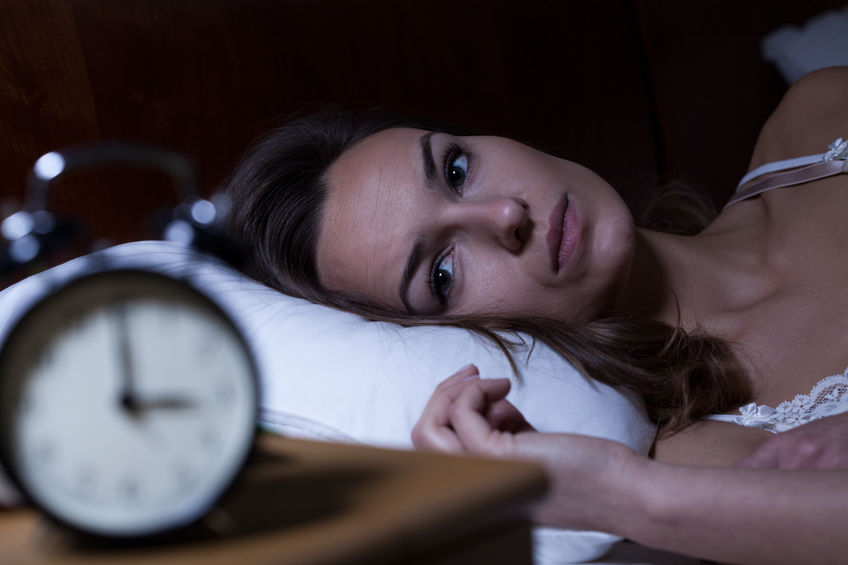4 Habits To Avoid If You Have Insomnia
March 14 2018
Contrary to popular belief, insomnia is not only having a hard time getting to sleep. It can also entail trouble staying asleep or waking up very early the following day. Because enough sleep for another person may still feel inadequate to another, there is really no formal way of diagnosing insomnia.
If you feel you have insomnia that’s already around for days and now keeping you from having a normal life, then it’s a good idea for you to seek the help of a doctor. He or she is someone who can help you not only treat the issue, but also identify the trigger — it can be anything from stress, anxiety, chronic pain to certain drugs.
But if your insomnia is something that shows up sporadically and usually bugs you for just a night or two, then read on. The following are some of the things that you should steer clear of. Make it a habit to turn your back on them and you may say “bye-bye” to frequent bouts of insomnia.
Drinking Alcoholic Beverages
While it’s true that alcohol can make you feel sleepy, it’s something that can actually worsen your insomnia. That’s because it secretly disrupts your sleeping pattern. Sleep experts say that it may keep you from having quality sleep, the kind that leaves you feeling refreshed and energetic the following day.
Another reason why drinking alcohol can make insomnia worse is it is known to exacerbate sleep disorders such as sleep apnea, a serious problem that keeps your brain and the rest of your body from getting enough oxygen while you’re in dreamland because it causes repeated cessation of breathing — sometimes hundreds of times a night!
Having Coffee After Lunch
If you are prone to having insomnia, then it’s a definite no-no for you to consume coffee or any other caffeinated drink once it’s past lunchtime. According to experts, caffeine can stay in your system anywhere from 4 to 6 hours. And if you mistakenly consume coffee at around 3 pm, its caffeine content can still be in your bloodstream at 9 pm.
Especially if you tend to develop unfavourable symptoms (palpitations, anxiety, lightheadedness, etc.) after consuming coffee, then it’s a clear sign that you are very sensitive to caffeine. Any amount of caffeine remaining in your system can prevent you from having a good night’s sleep.
Drinking Lots of Water at Night
We all know that it’s important to keep the body hydrated. After all, 60 to 65 percent of our bodies consist of water. One of the things that can keep a person from having much-needed sleep is frequent trips to the bathroom at night. And it’s for this reason why refraining from drinking lots of water near the end of the day is a good idea.
Just because you have insomnia doesn’t mean that you should drink less than 2 litres of water, the amount of water recommended by doctors for us to drink on daily basis, a day. What you need to do is consume a majority of this amount in the first half of the day so you don’t have to drink plenty of water a few hours before bedtime.
Exercising Before Hitting the Hay
It’s no secret that having your regular dose of exercise is important for you to live a life that’s long, happy and healthy. But if it’s something that keeps you from enjoying a good night’s sleep, then it can actually cause the complete opposite — insomnia is said to shorten a person’s life expectancy.
So should you ditch exercising just for you to get much-needed sleep each time? Don’t! All you have to do is give your exercise schedule a makeover. Rather than hit the gym or jog in the park after your work is through, consider working out first thing in the morning. As a result, this will give you the energy you need to have your day jumpstarted.
If the tips above don’t help, schedule an appointment with a medical professional for a consultation.
Sourced from HealthDigezt.
